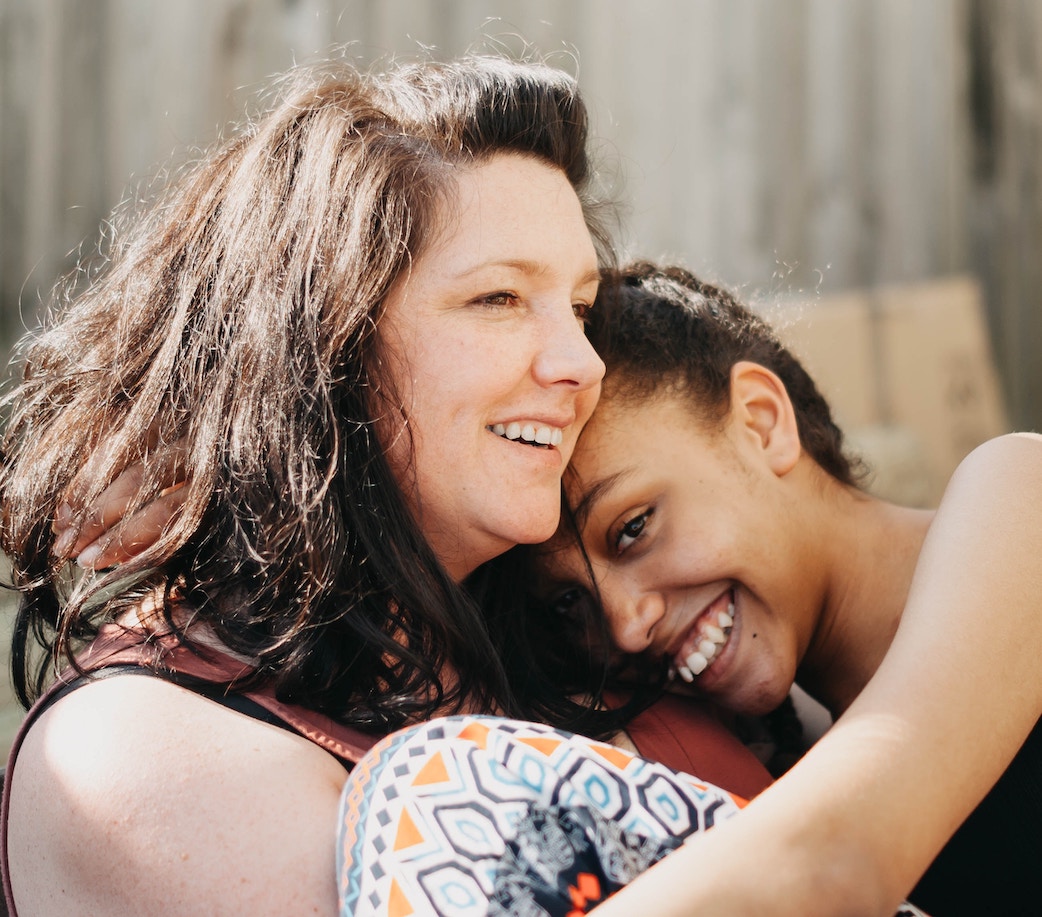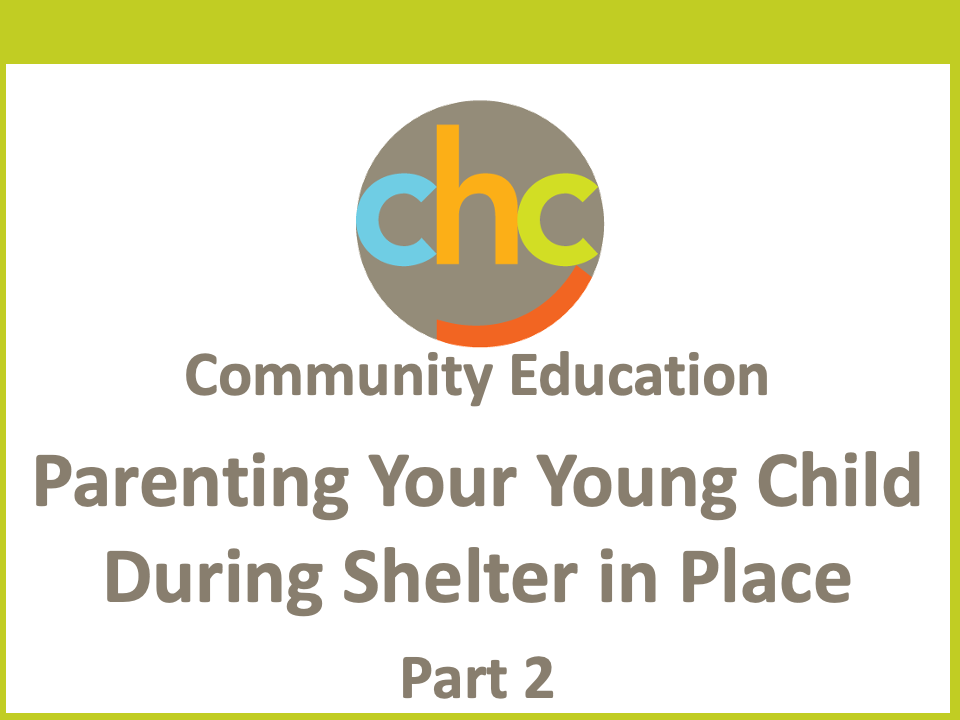written by Liza Bennigson, Associate Director of Marketing and Communications
 Our final theme in the Back-to-School Blues series, how to take care of yourself (when you’re too busy taking care of everyone else), is arguably the most important. We all know that if the primary caregiver isn’t doing OK then no one is. But there is still so much laundry to get done and so many things we’d rather do than meditate.
Our final theme in the Back-to-School Blues series, how to take care of yourself (when you’re too busy taking care of everyone else), is arguably the most important. We all know that if the primary caregiver isn’t doing OK then no one is. But there is still so much laundry to get done and so many things we’d rather do than meditate.
The goal of the “Back-to-School Blues” series is to help ease this bizarre transition for the whole family, with actionable tips from CHC clinicians that you can implement immediately to bring a little calm to the daily chaos. Previously, we’ve covered how to set up your “homeschool” (for success); how to empower your kids (to control their own distance learning destiny); how to stay balanced (when your head is spinning); and how to find joy (amidst the mayhem).
Today’s tips come from Alexa Wilmarth, NP, Psychiatric Mental Health Nurse Practitioner; Krislyn Li, M.A., Teacher; and Pardis Khosravi, Psy.D., Licensed Psychologist.
Tips for how to take care of yourself
- Take time for yourself each day.
- Designate a safe space for you to take a moment for yourself. It’s important for everyone to know that you need time to catch your breath, alone, when you’re in this space. It could be the backyard, your bedroom or even just a particular chair in the house. You’re setting a good example for your family by prioritizing self-care.
- Incorporate a morning gratitude practice (e.g., jot down or tell someone in your home three things each morning that you are grateful for). We can only be our best when we are also taking good care of ourselves.
- Build some self-care into your morning routine each day. It can be just 5 minutes of meditation, yoga, writing in a gratitude journal, talking to a friend, taking a walk, leisurely shower or anything else. Little ones feed off our energy, and starting off the day grounded will help keep both you and your child calm as you face the challenges of distance learning together.
Also, this is hard. It’s OK to have good days and bad days. But be alert to signs of depression or anxiety in yourself or your child and seek help as needed. You are not alone! (Literally. Ever.)
While this is the last of our “Back-to-School Blues” series, we have plenty more advice for you in the Resource Library.
Wishing you a year full of self-compassion, good internet, patience and deep breaths. Here we go.
If you are concerned about your child’s learning or mental health, please don’t hesitate to contact us for an appointment or to schedule a free 30-minute phone consultation with one of our experts.






